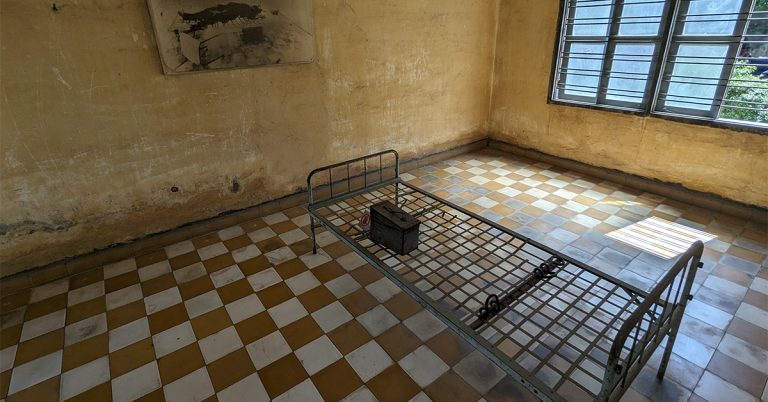
In their article, “Academic Work Cultures: Somatic Crisis in the Enterprise University”, Nikki Sullivan and Jane Simon indicate that research shows large numbers of academics are –
“stressed, anxious, depressed, overloaded, and demoralised. Many are suffering from insomnia, feelings of guilt, insecurity, anger, loss, failure and disorientation, have been diagnosed with mental health conditions such as anxiety and depression, and have experienced physical illnesses related to workplace stress. In a 2002 survey of 8,732 Australian university staff, Winefield, Gillsespie, Stough, Dua and Hapuarachchi found that approximately 50% of those interviewed were at risk of psychological illness, compared to 19% of the Australian population overall (2002a: 8). There is little doubt that in the decade since this study was published, the situation has worsened. A recent (2014) Guardian survey of academics with mental-health problems (from Vice Chancellors to PhD candidates) from the UK, Europe, Asia, North and South America, and Australasia, found that 80% of the more than 2,500 respondents suffer from anxiety and 75% from depression, and that 77% have been prescribed medication. Moreover, almost half (49%) of the respondents claim that they had not experienced mental health problems prior to working in academia….
This somatic crisis is, as analyses of the changes to the tertiary sector in the context of neoliberalism have shown, an effect of ever-increasing workloads, ballooning student numbers, ever-decreasing control in the workplace, diminished job security, increased casualisation, expanding surveillance and performance measures, deprofessionalisation, the fragmentation of collegiality and the associated rise of a culture ofcompetition and permanent distrust, and poor work-life balance…. Where, then, is the collective outrage that such corrosive changes surely call for?”
A rticle extract taken from a special issue of Somatechnics (Volume 4.2, 2014), which grew out of a symposium ‘Academic Work Cultures and Wellbeing: Strategies for Transformation’ held at Macquarie University in May 2013.
rticle extract taken from a special issue of Somatechnics (Volume 4.2, 2014), which grew out of a symposium ‘Academic Work Cultures and Wellbeing: Strategies for Transformation’ held at Macquarie University in May 2013.





